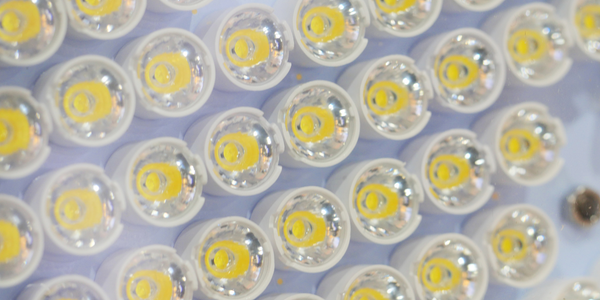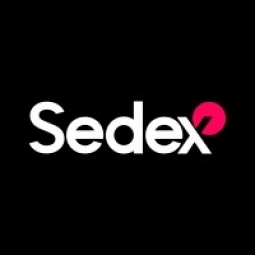Applicable Industries
- Cement
- Consumer Goods
Applicable Functions
- Logistics & Transportation
Use Cases
- Onsite Human Safety Management
- Supply Chain Visibility
Services
- Training
About The Customer
Reckitt is a global company that exists to protect, heal, and nurture in the relentless pursuit of a cleaner, healthier world. They believe that access to the highest-quality hygiene, wellness, and nourishment is a right, not a privilege. Reckitt is the company behind some of the world’s most recognizable and trusted consumer brands in hygiene, health, and nutrition, including Air Wick, Calgon, Cillit Bang, Clearasil, Dettol, Durex, Enfamil, Finish, Gaviscon, Harpic, Lysol, Mortein, Mucinex, Nurofen and more. They have over 43,500 employees of 120 different nationalities, operating in 60 countries, across six continents. They focus on diversity and inclusion because it’s the right thing to do – not just for their company, but for society. It makes them a stronger company and connects them to the diverse communities they service all over the world.
The Challenge
Reckitt, a global company with over 43,500 employees of 120 different nationalities, operating in 60 countries, is committed to diversity and inclusion. They believe it is their collective responsibility to build inclusion into everything they do, representing their people and the global community they serve. However, given the scale of their global supply chain and its structural gender inequalities, they faced a challenge. They wanted to identify and address the barriers to gender equality within their supply chain. The goal was to use the insights gained to drive change and promote gender equality within their supply chain.
The Solution
To tackle the challenge, Reckitt approached the Oxfam Business Advisory Service, an organization that supports companies to improve their impact in global supply chains through positive business practices. They focused on collecting gender data to gain vital insights, using this data to draw conclusions, and take action with any suppliers that needed to make changes to their practices. As members of Sedex, Reckitt used the Sedex platform to access gender data from the Self-Assessment Questionnaire (SAQ) and Gender Data Report. This report helped Reckitt to assess, monitor, and understand where they needed to take action to tackle inequalities. Oxfam conducted an assessment providing recommendations for how Reckitt can embed data collection points into their supply chain activities. This allowed them to clearly view and analyze gender data and demonstrate how they are supporting women in supply chains. Oxfam also provided training to deepen Reckitt’s understanding of the underlying causes of gender inequality, the opportunities and barriers to women’s empowerment, and explore how data can be used to identify and increase awareness of gender issues within the supply chain.
Operational Impact
Quantitative Benefit

Case Study missing?
Start adding your own!
Register with your work email and create a new case study profile for your business.
Related Case Studies.
.png)
Case Study
Improving Vending Machine Profitability with the Internet of Things (IoT)
The vending industry is undergoing a sea change, taking advantage of new technologies to go beyond just delivering snacks to creating a new retail location. Intelligent vending machines can be found in many public locations as well as company facilities, selling different types of goods and services, including even computer accessories, gold bars, tickets, and office supplies. With increasing sophistication, they may also provide time- and location-based data pertaining to sales, inventory, and customer preferences. But at the end of the day, vending machine operators know greater profitability is driven by higher sales and lower operating costs.

Case Study
System 800xA at Indian Cement Plants
Chettinad Cement recognized that further efficiencies could be achieved in its cement manufacturing process. It looked to investing in comprehensive operational and control technologies to manage and derive productivity and energy efficiency gains from the assets on Line 2, their second plant in India.

Case Study
Series Production with Lot-size-1 Flexibility
Nobilia manufactures customized fitted kitchens with a lot size of 1. They require maximum transparency of tracking design data and individual processing steps so that they can locate a particular piece of kitchen furniture in the sequence of processes.

Case Study
American Eagle Achieves LEED with GE LED Lighting Fixtures
American Eagle Outfitters (AEO) was in the process of building a new distribution center. The AEO facility management team decided to look at alternate options for lighting layout that could provide energy and maintenance savings. AEO would need a full-time maintenance employee just to replace burned-out fluorescent tubes.





